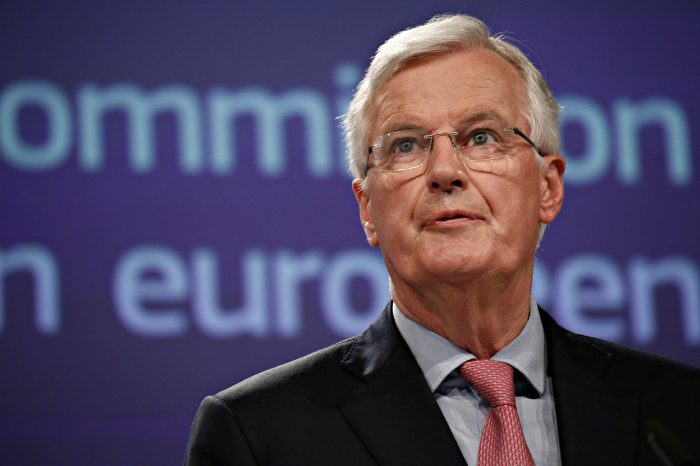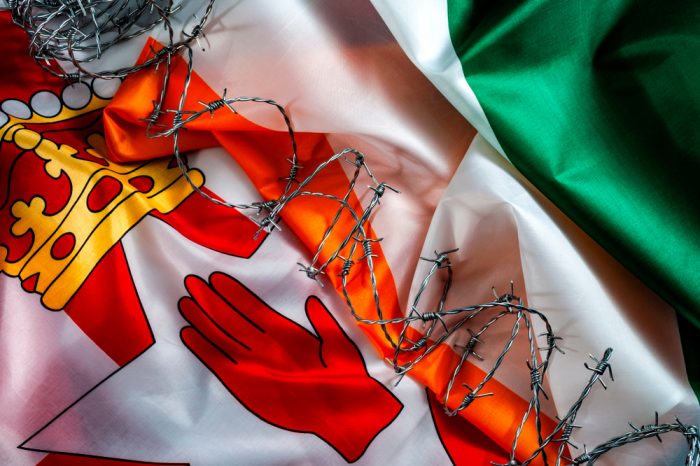Brexit: the good and the not-so-good
As Harold Wilson reputedly said, one week is a long time in politics. Certainly last week, during which your regular scribe has been on holiday, has been particularly eventful.
The country has a acquired new Prime Minister without the need for any vote by Conservative Party members. Andrea Leadsom’s decision to drop out of the race to succeed David Cameron cleared the way for Theresa May to take over and to appoint a new government.
From the Brexit point of view, three leading Tories who campaigned on the leave side have been given prominent posts – Boris Johnson is the Foreign Secretary, David Davis heads up the new Brexit department and Liam Fox is the new International Trade secretary.
What is perhaps more remarkable is the way in which tne new Prime Minister has managed to unite seemingly all but a few hard-liners in her party. “Brexit means Brexit” she insisted. There will be no rush to invoke Article 50 and she has already visited Scotland to try to win Nicola Sturgeon over, but there will be no second referendum, she affirmed.
The petition for a second referendum easily hit the threshold for it to be “considered for a debate” by Parliament. In fact, over 4 million people signed it. However, the official response from the Foreign & Commonwealth Office was quite unequivocal:- “This was a once in a generation vote and, as the Prime Minister has said, the decision must be respected.” Recently, a survey by ComRes for the Independent and Sunday Mirror showed clearly that the four million signatories to the petition were out of step with popular opinion – only 29% of those surveyed wanted a second referendum as opposed to 57% who did not.
Of course, there is still the proposed legal challenge by Mishcon de Reya, which claims that the Government must pass an Act of Parliament before triggering Article 50. There is good reason to believe this challege will fail and the Lawyers for Britain group has produced an analysis of the issues involved, concluding that “The legal power to invoke Article 50 of the Treaty on European Union is in law a prerogative power vested in the Crown, which may be exercised by government ministers without the need for authorisation or consent from Parliament. There is no credible legal argument supporting the legal challenge being advertised by law firm Mishcon de Reya.”
This piece also challenged the widely-held assertion that the referendum was merely advisory, saying that “The referendum result not merely authorises but positively mandates the government to exercise its legal power to give notice under Article 50.”
This subject will be hammered out in the law courts in the coming months and the Government will need to ensure it engages some top-quality lawyers to defeat the challenge from Mishcon de Reya, but on balance, it seems that if it does so, there is no reason for the Brexit process to be derailed in a court of law.
What is a more serious concern is the possibility that if we do end up using Liechtenstein as our model – in other words, re-joining EFTA in order to access the Single Market via the EEA agreement, but availing ourselves of the restrictions on free movement available under Articles 112 and 113 of the EEA agreement – we could find ourselves sucked back into the EU at a later date through the back door.
Dr Richard North has undertaken a considerable amount of analysis on exactly what freedom of movement restrictions are available to us under the EEA/EFTA scenario and his observations are well worth reading, as he concludes that “there is nothing absolute, in principle, about freedom of movement. Therefore, there is no legal bar to variations being negotiated, given the political will. Furthermore, it is the case that the Union has been prepared both to negotiate and compromise on this issue.” In other words, statements by both Donald Tusk and Angela Merkel that access to the single market would require us to accept free movement of people are mere posturing and nothing more.
So the EEA/EFTA option might seem to have a lot more going for it than some people realised and it is the route which the EU itself would be happiest to see us take, but its advocates, including Dr North, have always stated that it must only be an interim solution. The big danger is the plan for a two-tier EU, the so-called “Five Presidents’ Report” which, if adopted, could find us in the EU’s “outer layer” – part of the EU political project but nowhere near the core decision-making body. This would possibly be triggered by the abolition of the EEA, which is permissble under Article 127of the EEA agreement.
Of course, Iceland, Liechtenstein and Norway will not want to have the rug pulled from under their feet and would be very reluctant to find themselves drawn against their will into a project they have chosen not to join.
It therefore behoves those of us who campaigned for leave in the referendum to remain vigilant and to maintain our links with the “stay out” campaigns in these countries. Theresa May seems to have got off to a better start than some were anticipating, but there is a long way to go before we are finally and securely out of the EU. Groups like CIB are still very much needed to ensure that she and her ministers are held to account and Brexit will indeed mean Brexit.







